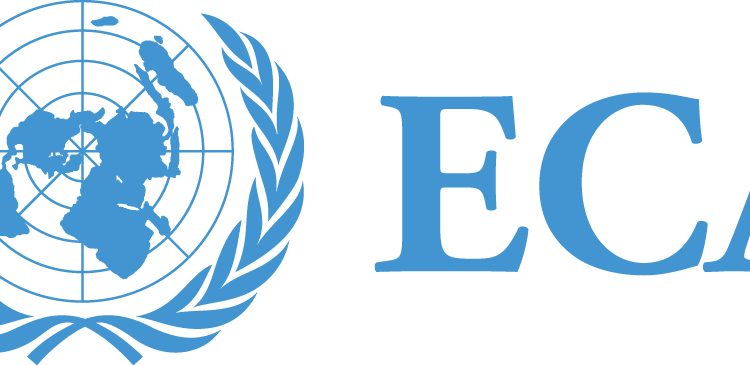The ECA office for North Africa concluded in Tunisia a four-day capacity building workshop on Modernizing Libya’s Tax System focusing on E-Taxation Services. The training aimed to enhance the Libyan tax authority’s practical knowledge of international best practices in e-taxation and strengthen their ability to set an efficient e-taxation system.
“This training has been an opportunity for our team to share with Libya its extensive experience in building and sustaining sound tax systems to support economic development and improve public revenue,” said Adam Elhiraika, Director of the ECA Office for North Africa. “It also allowed us to contribute to the promotion of South-South cooperation between our member countries thanks to the valuable contributions of trainers provided by the Egyptian Taxation Administration,” he added.
The training brought together senior managers, supervisors, and IT personnel involved in the development and implementation of e-taxation systems in Libya. Participants enhanced their skills in areas such as taxpayer registration, electronic filing, return processing, and data analytics, with special attention to the needs of large taxpayers. The training also deepened their understanding of international best practices in e-taxation and the legal, organizational, and technical requirements for a successful digital transformation of tax operations.
Libya’s economy currently remains highly dependent on oil production, making it vulnerable to fluctuations in production levels and global oil prices. These disruptions can have significant impacts on government revenues when they happen.
To address this issue, the Libyan government has been working to diversify public revenues and reduce the national economy’s reliance on hydrocarbons by increasing tax collections and promoting non-oil exports. However, tax revenue mobilization has remained weak so far due to issues such as widespread tax evasion, a narrow tax base, and low levels of taxpayer compliance.
This initiative comes in support to the Libyan Tax Authority 2021 strategy which aims to modernize income tax administration and advance the digital transformation of tax processes alongside reforms in legislation, institutional structure, infrastructure, and human resources.
Distributed by APO Group on behalf of United Nations Economic Commission for Africa (ECA).



